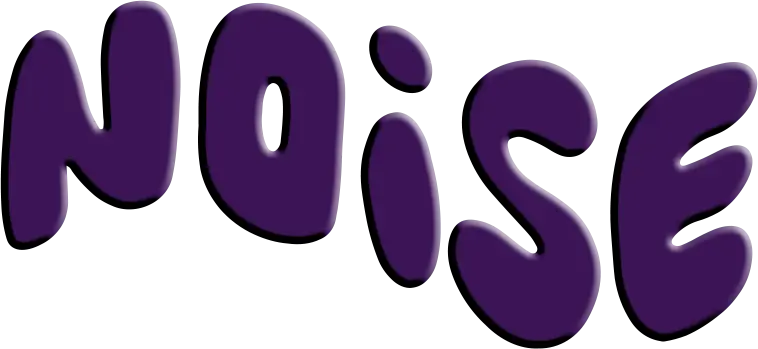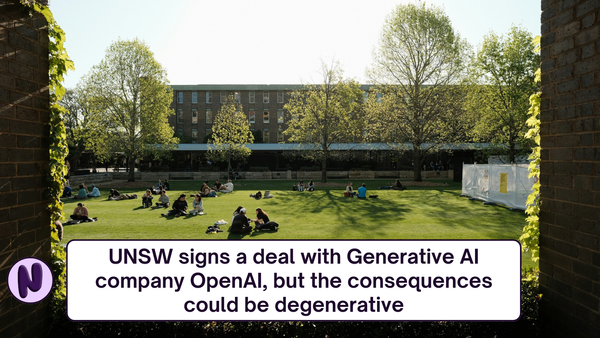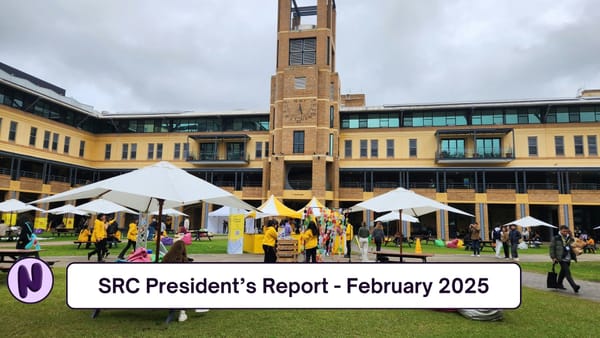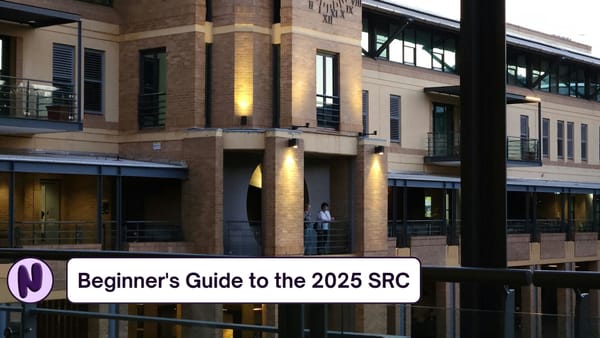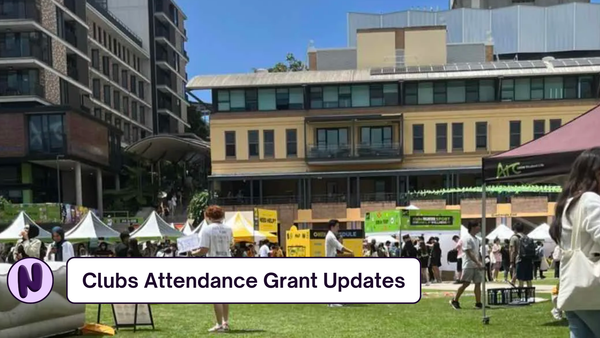The Federal Government is still failing the Queer community
As the 2026 census begins to take its final form, more criticism is being levelled at the Federal government over its refusal to include key questions about the queer community.
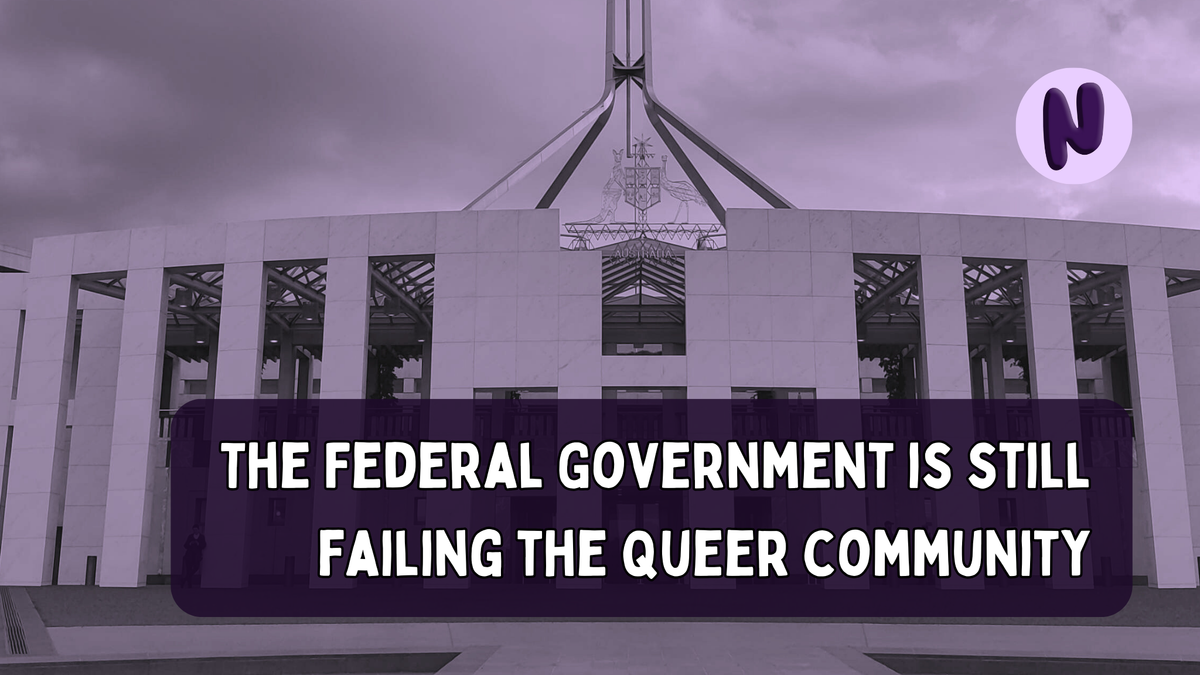
Australia’s national census is the most critical tool for shaping public policy, ensuring equitable service provision, and understanding the evolving needs of the wider community. It’s one of the few times where the country gets to provide Canberra with information about their needs, without having to deal with weeks of campaigning and advertisements. However, the Federal government’s initial decision to exclude key questions about sexual orientation, gender identity, and variations in sex characteristics from the 2026 Australian Census has been a source of deep disappointment for many within the queer community. While the government has taken a step by including questions on sexual orientation and gender identity, they have failed to add questions on variations in sex characteristics (also known as intersex conditions), leaving large portions of the queer population invisible.
Originally, the 2026 Census was set to exclude all three critical topics: sexual orientation, gender identity, and intersex variations. These exclusions led to an outcry from LGBTQI+ advocates, as yet another example of marginalising already vulnerable communities. Equality Australia was one of the loudest voices condemning the decision, with CEO Anna Brown emphasising that this exclusion would leave LGBTQI+ Australians invisible yet again, and without the necessary data, crucial services would miss the mark. Following significant public pressure and media attention, however, Albanese announced a partial reversal: a question on sexual orientation, and one on gender identity will now be included. While this is a step in the right direction, it is not enough. Questions on intersex variations—equally important to understanding the diversity of the Australian population—remain absent.
For intersex communities (and in fact the queer community as a whole), this exclusionary move by the Federal government is devastating. Half of all intersex people experience sexual abuse at the hands of a close family member before they turn 18, and over 65% of intersex people have some form of forced “gender affirming” surgery before they turn 21. The United Nations Office of the High Commissioner for Human Rights has referred to the treatment of intersex people as “medicalised rape”, in a report which, by composition, was nearly 50% testimonials of intersex people experiencing child sexual abuse at the hands of medical professionals.
These aren’t just statistics, it’s the reality of our community. By excluding questions on intersex status, the census perpetuates the invisibility of these issues, leaving them unaddressed in future policy decisions. While approximately 1.7% of the population is born with intersex traits (a comparable percentage to people with red hair), these individuals are left out of the data that could help reform damaging medical practices.
In my 2 years as Queer Officer, I have seen firsthand the impact of real representation, and the damage caused by an institutional failure to provide support to the queer community. Many of the queer students I represent are frustrated by how often government decisions leave their identities unacknowledged. Without accurate census data, university programs, health services, and government policies will continue to under-serve queer communities.
The census is more than just a national headcount—it’s an essential tool for shaping public policy, allocating funding, and ensuring that all Australians have access to the services they need. The exclusion of questions on intersex status is a missed opportunity to gather critical data that could support the development of life-saving services for vulnerable groups. It sends a message that some identities are less important or less worthy of recognition. This is a message we cannot afford to send.
We cannot effectively serve what we do not understand, and we cannot understand without asking the right questions. It is my hope that the federal government will listen to the voices of the LGBTQI+ community and take meaningful action to ensure that the next census truly reflects the diversity of Australia. Only then can we build an inclusive society where everyone, regardless of their gender identity or sex characteristics, is seen, counted, and valued.
For more information, check out Equality Australia’s #CountUsIn campaign.
